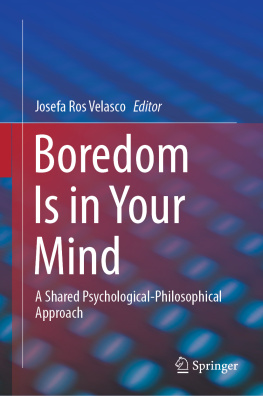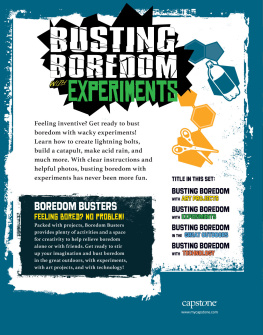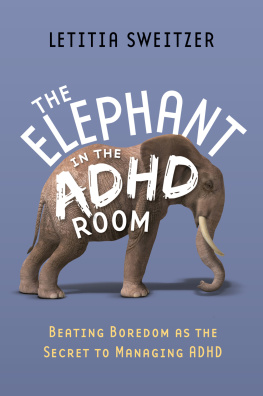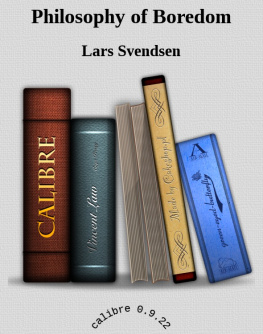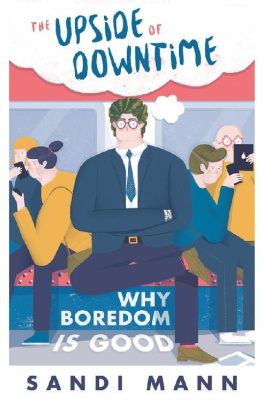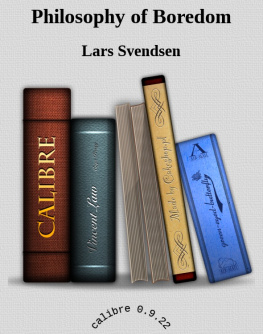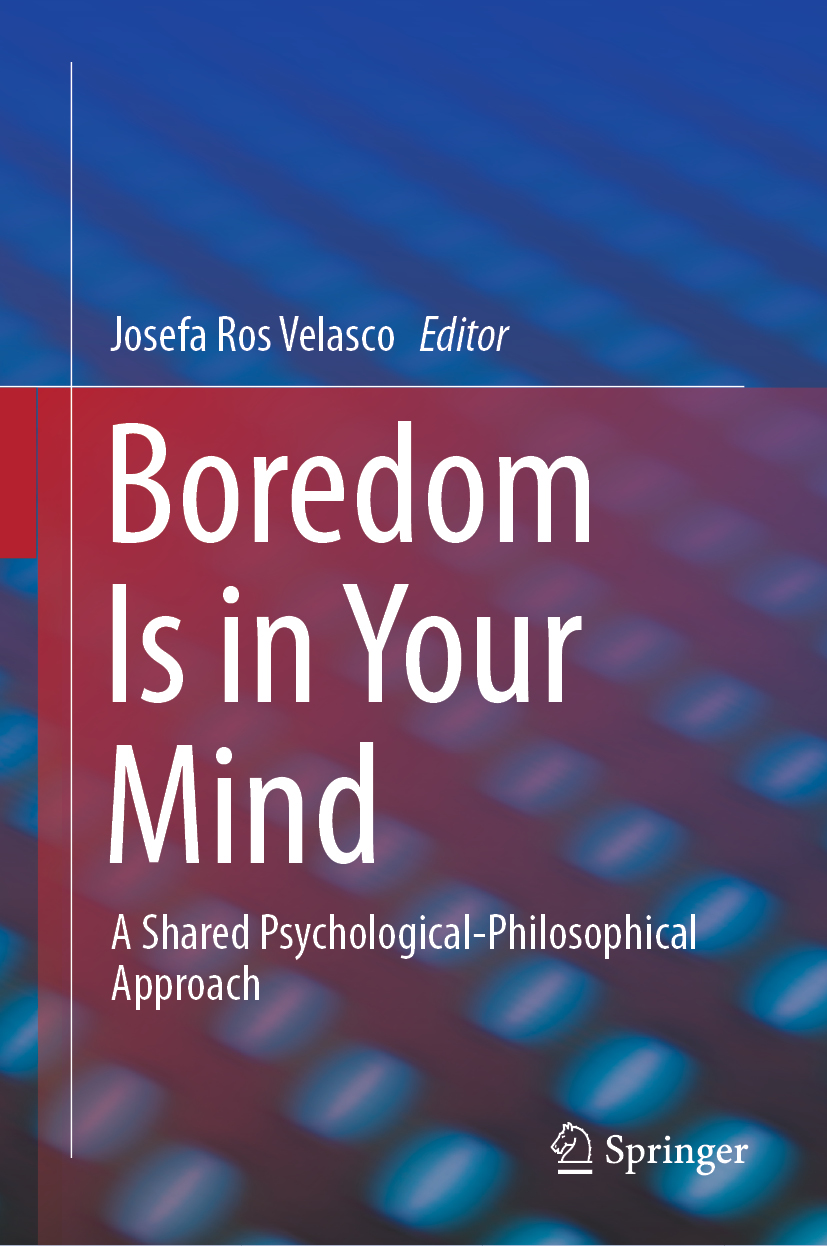Coming to Terms: A Shared Understanding of Boredom from Psychology and Philosophy
Boredom has been considered the punishment of the entire humanity throughout its lengthy history. Authors like Siegfried Wenzel (1967), Reinhard Kuhn (1976), and Peter Toohey (2011) have demonstrated that boredom was part of the daily lives of the ancient and medieval peoples, and Patricia Meyer Spacks (1995) and Lars Svendsen (1999) have explained it is the son of modernity. Whatever, the ancients understood it as a shameful emotion resulting from the lack of dedication to the public affairs; in the Middle Ages, it became a sin inside the walls of the monasteries under the names of acedia or demon of noontide ; and the modernity made of it the correlate of the rationalized time, the pre-planned entertainment, and the existential feeling of angst and nonsense. We have to admit we are talking about an old, even very old phenomenon. Perhaps so old that some philosophers have suggested that it was the metaphysical principle of the worldas the German thinker Hans Blumenberg did in Beschreibung des Menschen [Description of man] (2006)the Gods most common moodNietzsche said in Der Antichrist [The antichrist] (1895)and the Gods reason to create usaccording to Kierkegaards words in EntenEller [Either/Or] (1843). The phenomenon of boredom was commonly addressed from its sociocultural condition by philosophers, theologists, and sociologists in the past. Almost none treatise on boredom as a medical condition was launched then, except for those in which boredom was linked to another well-known affection, melancholy , during the Renaissance and the early modern times and, going back to previous eras, these superficial mentions that pulled together boredom and depression. From the eighteenth to the twentieth century, what proliferated were, overall, the literary works of those who found in writing the remedy for coping with the boredom they used to call disease, metaphorically speaking.
At the end of the nineteenth century, however, boredom became a matter of serious discussion among mental health professionals who started carrying out their researches by hundreds. Perhaps one of the first works on boredom from disciplines such as psychology and psychiatry was De lennui, taedium vitae [On boredom, tired of life] (1850), by the physician Brire de Boismont. Soon after, the first industrial psychological tests of efficiency in the workplace took place by the psychologist Hugo Mnsterberg, in Psychology and industrial efficiency (1913). Little by little, the focus was geared toward the affective and cognitive components of boredom. One of the main representatives of this stage was mile Tardieu, who published Lennui: tude psychologique [Boredom. Psychological study] (1903) in which he described boredom as psychological pain. Over the same period, Theodor Lipps suggested one of the first psychodynamic definitions of boredom, in his work entitled Leitfaden der Psychologie [Guidelines of psychology] (1909). He went a step further and stated that boredom was a psychological pain caused by a conflict between the individual need for mental activity and the lack of it or the individual inability to stimulate oneself.
This was a turning point in the understanding of boredom: One can experience a continuous lack of stimulation not as a result of a boring circumstance but because of some kind of mental or personality-related pathology. Moreover, Lipps introduced, in a pioneering move, that boredom may be connected with the lack of attention. Some years later, the psychoanalyst Otto Fenichel lent continuity to these ideas in his essay Zur Psychologie der Langeweile [On the psychology of boredom] (1934). According to him, boredom was experienced because of a contrast between the individuals mental engagement and their simultaneous inhibition.
During the first half of the twentieth century, these approaches to boredom as a psychopathological personality-related issue resulted in self-help books whose aim was to orientate bored people toward the search of the release of their activity mental need and their inability for self-stimulation. Nevertheless, due to their lack of success, some psychiatrists opted for looking to the brain. For instead, psychiatrist Joseph Barmack started playing with the environmental conditions and the temperature of a room in which there was a subject bored. Additionally, he began supplying benzedrine sulfate and ephedrine hydrochloride to them to complete his studies on boredom from 1937 to 1939. In extreme cases, specialists like Edmund Bergler went as far as to say that boredom was a psychotic disorder with significant neurotic implications whose cure did need genetic intervention, as we can read in his paper On the disease-entity boredom (alyosis) and its psychopathology (1945).
From the second half of the twentieth century to the end, the blossoming interest of the mental health professionals on the phenomenon of boredom increased as expected. Particularly, the psychoanalysts riddled the journals pages with titles such as Boredom in psychoanalytic perspective, and Some psychoanalytic observation on boredomin this example, both by Martin Wangh (1975, 1979). Thus, by 1996 the understanding of boredom as a psychopathological personality trait was so extended that the concept of boredom got a place in the Campbells

